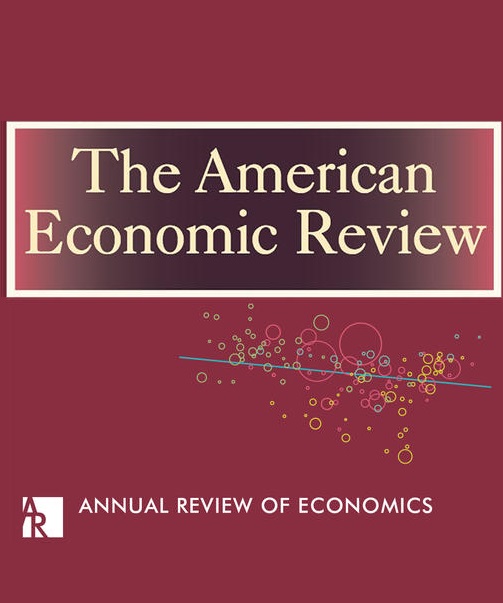和解叙事:美国内战后一个国家的诞生
IF 11.6
1区 经济学
Q1 ECONOMICS
引用次数: 8
摘要
我们研究了“失败的原因”叙事(一种对美国内战的修正主义和种族主义重述)的传播如何改变了人们对国家统一和对非裔美国人的种族歧视的看法和行为。回顾《一个国家的诞生》(The Birth of a Nation)的放映,我们发现这部电影将公共话语转向了一种更爱国、更少分裂的语言,增加了军事征兵,并促进了昔日敌人之间的文化融合。《一个国家的诞生》是一部轰动一时的电影,在1915年之后极大地推广了失败的事业。我们记录了叙事中的种族主义内容是如何通过“共同敌人”类型的论点与和解联系在一起的。(jj15, l82, n31, n32, n41, z13)本文章由计算机程序翻译,如有差异,请以英文原文为准。
Reconciliation Narratives: The Birth of a Nation after the US Civil War
We study how the spread of the Lost Cause narrative—a revisionist and racist retelling of the US Civil War—shifted opinions and behaviors toward national reunification and racial discrimination against African Americans. Looking at screenings of The Birth of a Nation, a blockbuster movie that greatly popularized the Lost Cause after 1915, we find that the film shifted the public discourse toward a more patriotic and less divisive language, increased military enlistment, and fostered cultural convergence between former enemies. We document how the racist content of the narrative connects to reconciliation through a “common-enemy” type of argument. (JEL J15, L82, N31, N32, N41, Z13)
求助全文
通过发布文献求助,成功后即可免费获取论文全文。
去求助
来源期刊

American Economic Review
ECONOMICS-
CiteScore
18.60
自引率
2.80%
发文量
122
期刊介绍:
The American Economic Review (AER) stands as a prestigious general-interest economics journal. Founded in 1911, it holds the distinction of being one of the nation's oldest and most esteemed scholarly journals in economics. With a commitment to academic excellence, the AER releases 12 issues annually, featuring articles that span a wide spectrum of economic topics.
 求助内容:
求助内容: 应助结果提醒方式:
应助结果提醒方式:


